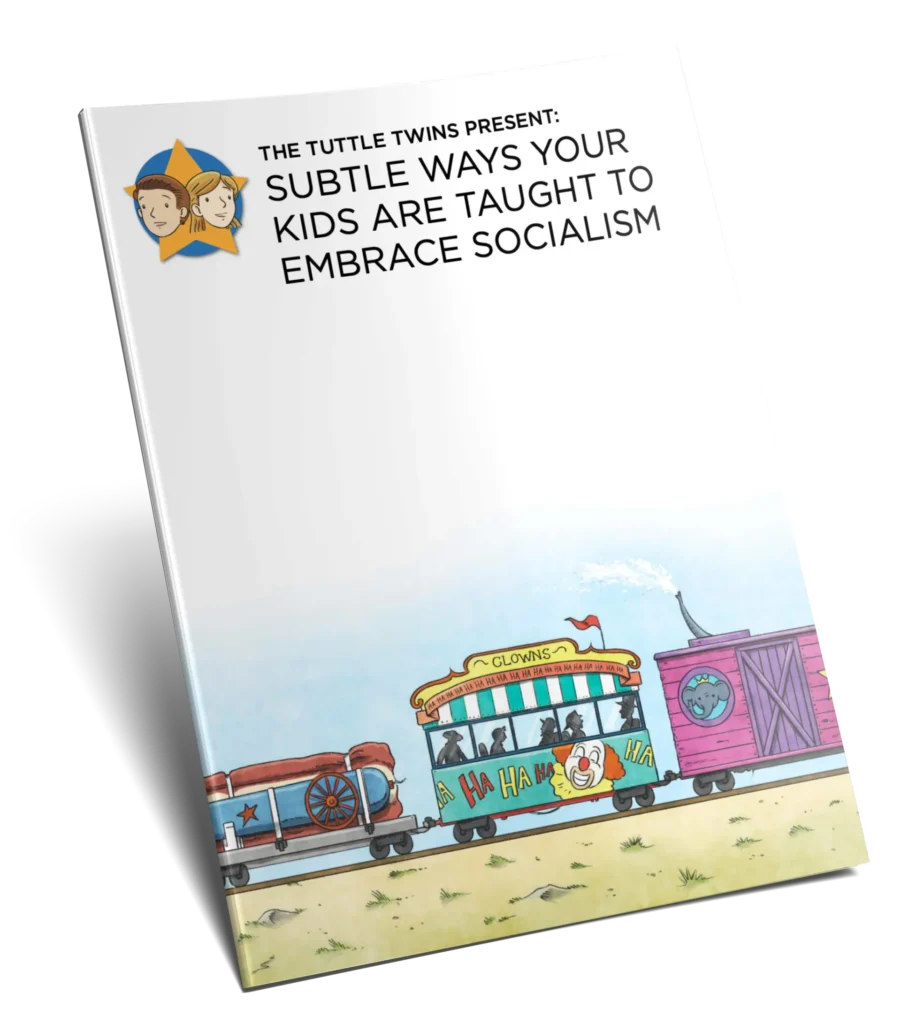Earlier this week marked the anniversary of a law that most Americans have never heard of—but that dramatically reshaped the role of government in the economy.
On June 16, 1933, Congress passed the National Industrial Recovery Act (NIRA), a key piece of FDR’s New Deal. It was supposed to be a rescue plan, but in reality it helped prolong the very crisis it claimed it would solve.
(Imagine a government “solution” making a problem worse. I’m shocked.)
Anyway, NIRA gave the federal government sweeping new powers over private industry. It suspended antitrust laws and allowed companies to form government-backed cartels by setting prices, wages, and production levels with no regard for what the market actually demanded.
What followed was exactly what you’ve come to expect from federal central planning: collusion, inefficiency, and a deep freeze on innovation and competition.
Businesses were no longer competing to offer better products or lower prices; they were obeying Washington’s “codes of fair competition,” which really meant, “rules to protect the big guys and keep everyone else out.”
And because those codes included above-market wages—set not by an agreement between employers and workers, but by federal decree—millions of lower-skilled workers were simply priced out of a job altogether.

That’s the dirty little secret of the New Deal: it sounded compassionate, but its actual effect was to suppress entrepreneurship, reward political favoritism, and push more people into dependency on government relief.
And yet to this day, FDR is remembered as the great champion of the common man.
The textbooks don’t mention the small businesses that were crushed under regulatory burdens, or the unemployed workers who were told their labor was worth less than the government-mandated wage, or the families who were taught to wait for handouts instead of creating their own solutions.
This is exactly the kind of selective history and bad messaging we’re trying to correct with the Tuttle Twins books.
When kids (and their parents) learn how markets actually work—how prices carry essential information, how competition fosters innovation, and how central planning always backfires—they’re much better equipped to see through the spin when Big Gov tries to push through policies that will end up hurting more people than they help.

The Tuttle Twins and the Messed Up Market shows what happens when government interventions distort supply and demand. It’s a fun and engaging read that teaches a fundamental lesson most adults never learned in school.
Our Guidebook on Courageous Heroes offers a counter-narrative to the usual political idols by spotlighting lesser-known figures who promoted freedom and individual responsibility when it wasn’t necessarily popular or even safe.
(Spoiler: FDR isn’t in it.)
The New Deal wasn’t just bad economics—it was a turning point in American history where government power began to expand in ways the Founders never intended.
The consequences of that shift are still with us today.
That’s why teaching true principles—honest history, sound economics, and the value of personal liberty—isn’t just a nice idea; it’s essential.
Click here to get the books that help your kids (and maybe you!) learn to see through the mainstream propaganda and start thinking clearly about freedom, liberty, and the ideas that lead to human flourishing!
— Connor


